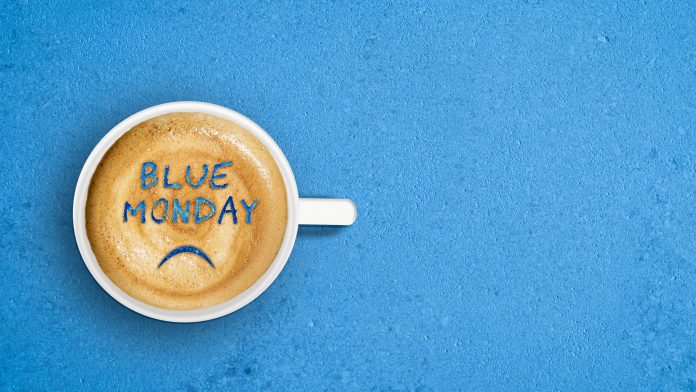
Blue Monday has become commonly known as the most depressing day of the year. But what is Blue Monday? Where did it originate, and is there any evidence to support its depression-inducing claims?
The winter months are always a challenging period for mental health sufferers, with conditions such as seasonal affective disorder (SAD) becoming increasingly prominent as various aspects of the winter period take their toll on mental health.
For example, cold weather, shorter days, and financial worries caused by the festive period, among other reasons, can significantly exacerbate poor mental health.
However, despite seasonal depression being a quantifiable, proven condition, Blue Monday, the day of the year labelled as the most depressing in the calendar, seems to have no scientific basis.
So here, we look at the evidence and answer the question, what is Blue Monday?
What is Blue Monday?
Blue Monday, for reasons unknown, is the third Monday of every New Year, meaning it falls on January 15 in 2024.
This may be the first time you’ve heard about Blue Monday, or perhaps you’ve seen it circulating recently across social media. Nevertheless, the origins of the alleged most depressing day of the year date back to the mid-2000s, and its origins to this day remain controversial and mysterious.
The concept of Blue Monday is believed to have first been published in 2005 in a press release from Sky Travel, who made claims that a novel calculation they made determined it as the most depressing day of the year. Due to this, the first-ever Blue Monday was born on January 24, 2005.
The calculation employed a range of factors, such as weather, debt, time since Christmas, monthly salary, time since the failure of New Year’s resolutions, low motivation levels, and the feeling of a need to take action.
However, experts regarded the formula as nonsensical, as no units were defined in the calculation, meaning even mathematically, it did not make sense.
Moreover, Cliff Arnell, a former tutor at Cardiff University to who the original press release is attributed, openly campaigns against Blue Monday, stating it was meant to inspire people to better their lives, not incite dread.
Tips for combating winter blues
Although the validity of blue Monday is contentious, the winter months are certainly a challenging period that take a toll on mental health.
Here are some tips for safeguarding mental health this winter:
- Stay active: Exercise boosts endorphins, which improve mood. It doesn’t have to be intense—simply going for a walk or doing yoga can make a difference.
- Get sunlight: Natural light can positively impact your mood. Try to spend time outdoors or sit near a window to soak up some sunlight.
- Connect with others: Social connections are vital for mental health. Reach out to friends, family, or join groups with shared interests.
- Mindfulness and relaxation: Practices like meditation, deep breathing, or mindfulness exercises can help reduce stress and promote a sense of calm.
- Set realistic goals: Accomplishing even small tasks can provide a sense of achievement and boost morale.
- Healthy eating: Fuel your body with nutritious food. Certain foods, like those rich in omega-3 fatty acids, can support brain health and mood.
- Limit screen time: Excessive time spent on screens, especially on negative news or social media, can contribute to feeling down. Take breaks and engage in offline activities.
- Seek professional help if needed: If feelings of sadness persist and interfere with your daily life, consider seeking support from a mental health professional.







